With the end of the financial year fast approaching, many small business owners are getting ready to prepare their annual tax returns. In recent years, the ATO has gotten smarter with the way it processes data, and small business owners are more likely than ever to be contacted regarding expense claims.
It’s therefore prudent to be thorough and to allow yourself plenty of time to prepare your tax return. This will help you to ensure your tax affairs are in order and provide you with the time to seek professional advice if needs be. In this post, we’re going to focus on some tax tips for small businesses that could help save time and money.
1. Remember To Claim Prepaid Expenses
As a small business owner, you should be aware that any prepaid expenses can be claimed for in the financial year the expense was incurred. Common prepaid small business expenses include rent, insurance premiums, memberships and a tax depreciation schedule. It can be helpful to keep track of these in a spreadsheet or accounting software so that you don’t forget about them when the time comes to file your tax return.
2. Keep Detailed Records
The onus is on small business owners to correctly report their income and claim any relevant expenses, and this means ensuring that bookkeeping is kept accurate and up to date. When keeping financial records, you should aim to:
- Record income and expenses.
- Account for the personal use of company money/assets.
- Record any goods purchased for personal use.
- Separate your private expenses from your business expenses.
- Keep tax invoices for creditable acquisitions.
- Keep valid stock/inventory records.
- Keep receipts and records to substantiate claims pertaining to motor vehicles.
3. Deduct Bad Debt
Unpaid debts to your business can be deemed as ‘bad’ debt. There are several conditions that need to be met for a debt to qualify as ‘bad’. If any debts outstanding to your business meet these criteria, they can be marked down as a tax deduction.
4. Working From Home
Many Australians have worked from home this year. If your business is based in your home, or if you’ve spent time working from home during the pandemic, you may be able to claim deductions on standard household expenses like lighting, heating and cleaning. In addition to this, you may be able to claim on any repairs, maintenance or replacements: things like plumbing and painting fall into this category – although you may want to discuss this with an accountant first.
5. Hire A Professional Accountant
If you’re struggling to keep on top of your bookkeeping and accounting, it’s often more cost-effective to avail of the services of a professional. At Whitson Dawson Certified Practising Accountants, you can rely on us to provide a comprehensive range of accounting and taxation services.
This allows you to focus your full attention on running your business, while we focus on ensuring your tax return is accurate and compliant with all ATO guidelines. For further information, please contact us today and we’ll be happy to discuss any requirements you may have.
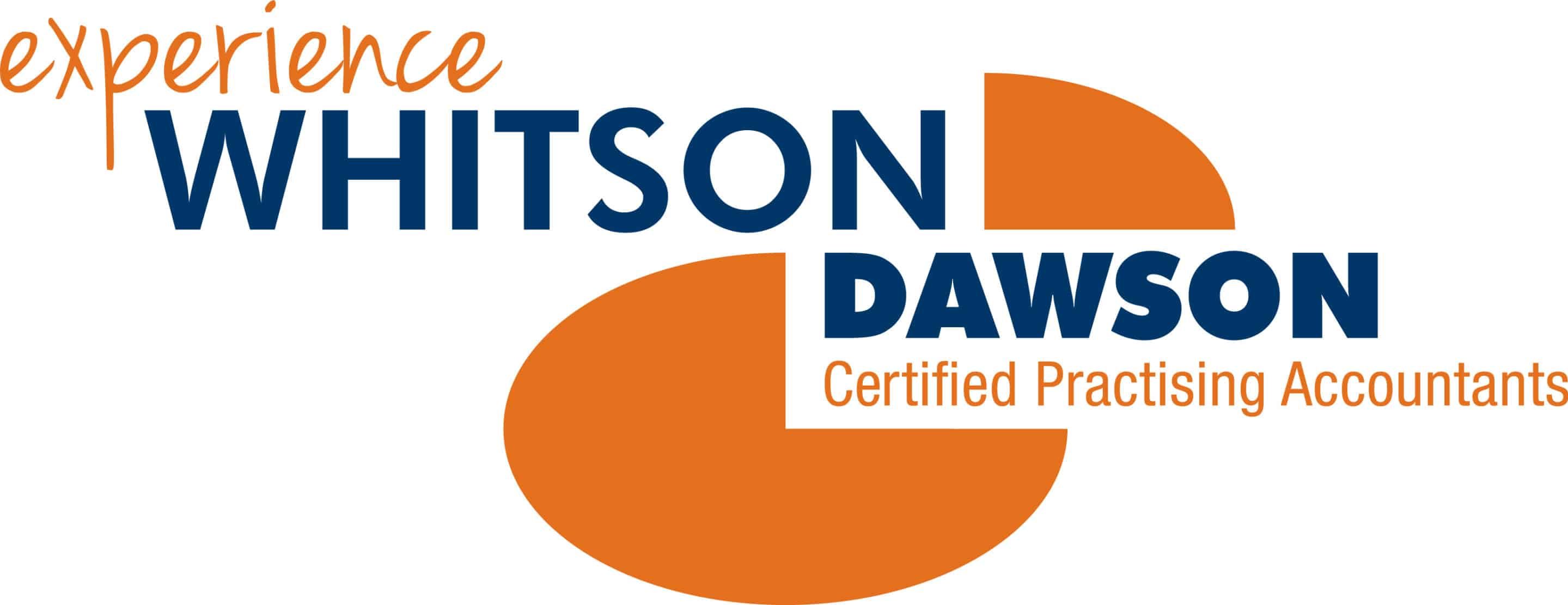
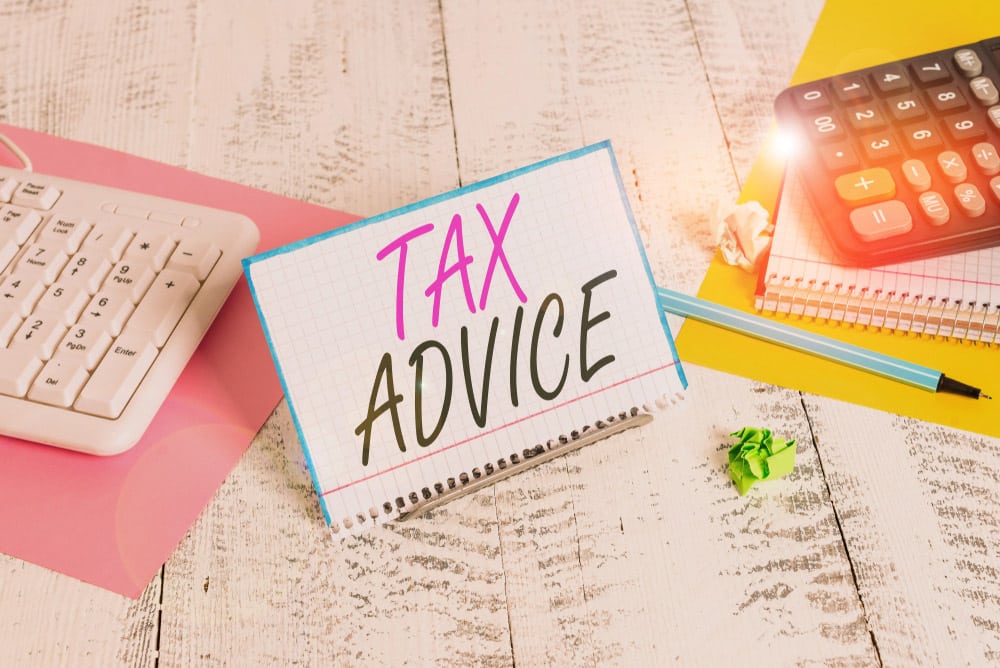

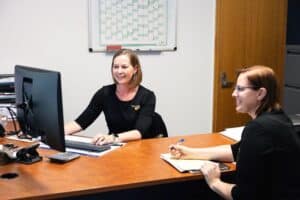
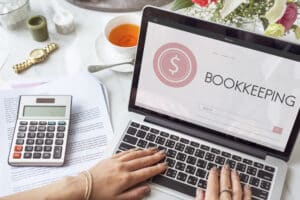
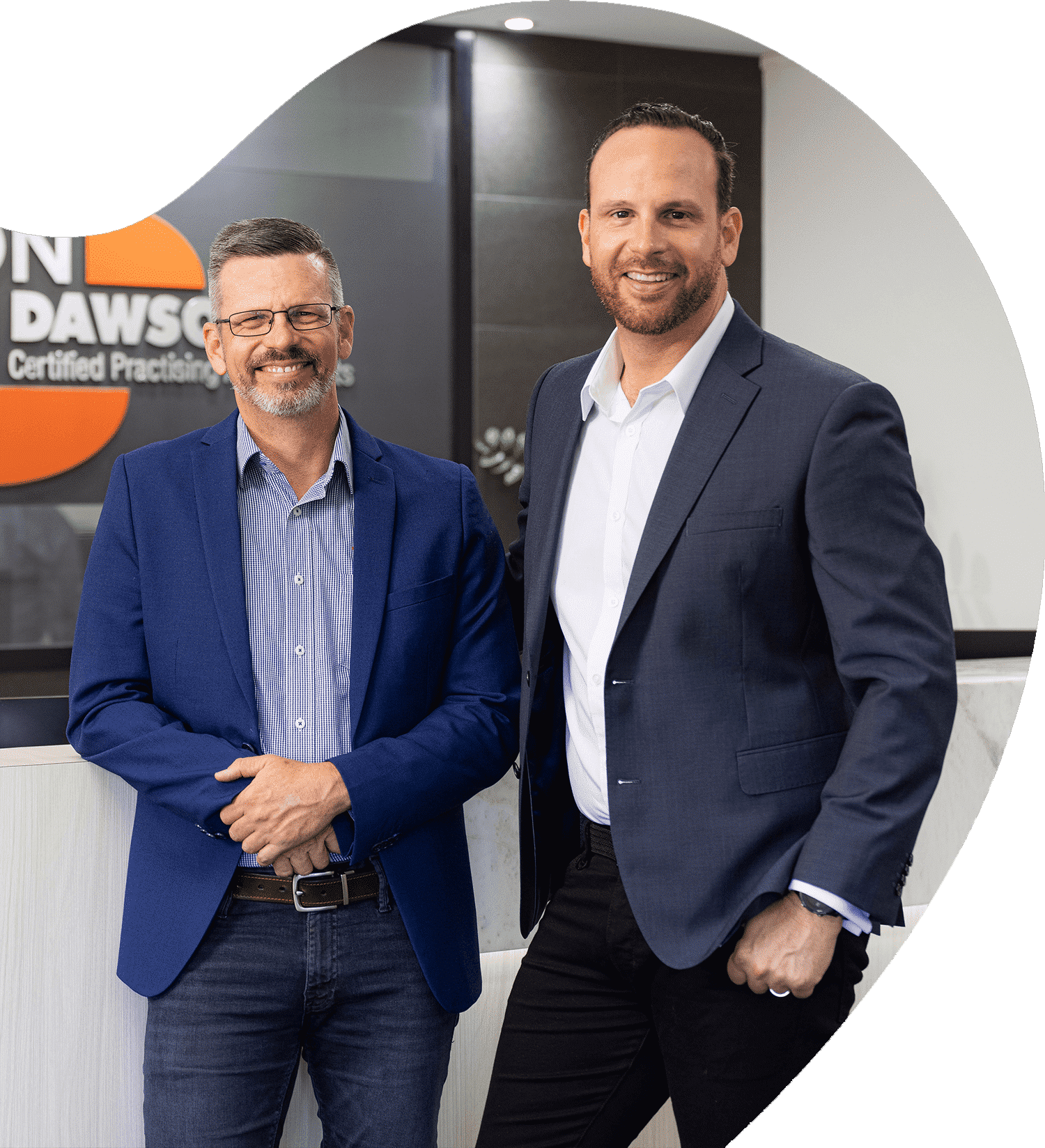

Recent Comments